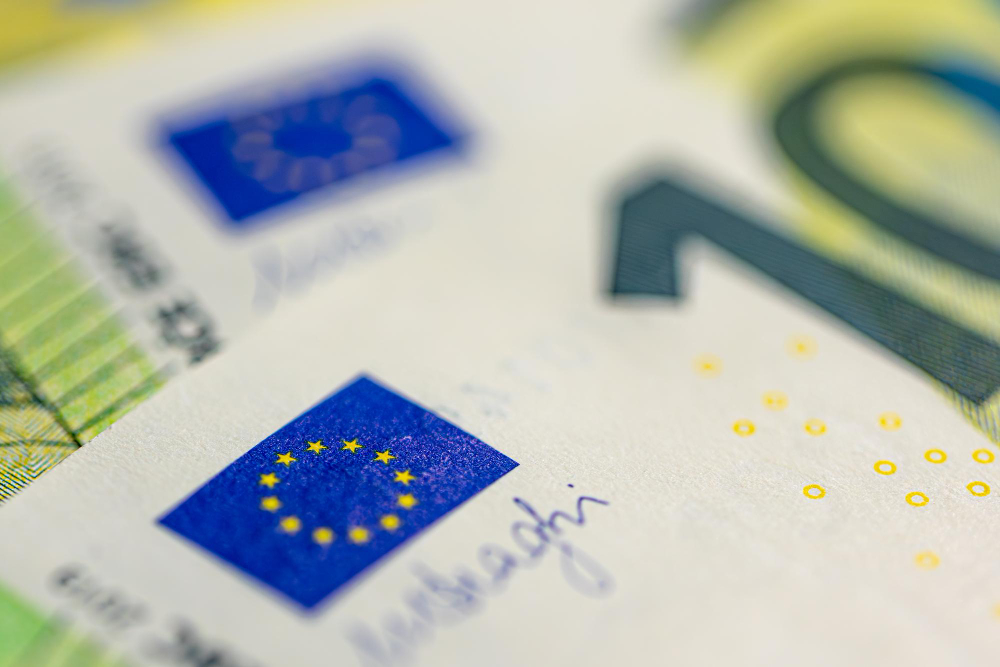Summary
This framing paper sets the scene for the EU’s post-2027 multiannual financial framework (MFF) negotiations, examining the key issues that are influencing the discussions. The paper looks at how they might shape the budget’s priorities, size and structure with a focus on EU external action.
The MFF, currently covering over €1.2 trillion of EU spending, is both a highly political and technical plan. The post-2027 MFF must address unprecedented geopolitical instability, ongoing wars in Ukraine and the Middle East, economic competitiveness, strategic autonomy and migration priorities. While calls for a complete overhaul are growing, entrenched negotiation dynamics and institutional path dependencies may constrain radical reform, each scenario presenting trade-offs for EU external action.
Negotiations will unfold at four interconnected levels: the overall budget, thematic headings, instruments and within instruments. The external action heading, including instruments like NDICI-Global Europe, must make a strong case for funding to align with the EU’s strategic domestic and global goals. The paper emphasises that sustaining external action funding is vital for EU interests, credibility and influence as a global actor and cooperation partner.
Future funding must balance flexibility to address immediate priorities, like Ukraine, with long-term goals such as sustainable development, climate action and stronger international partnerships. The paper warns against overly transactional approaches that favour short-term EU interests over mutual benefits and highlights the strategic risks of external funding cuts.
About the Authors
Alexei Jones is the head of ECDPM’s European foreign and development policy team.
Mariella Di Ciommo is the associate director of ECDPM’s Europe and Africa in the world cluster. She is also a member of the management team. Mariella’s work focuses on EU foreign and development policy, Africa-Europe relations, finance and gender.
Andrew Sherriff is the associate director of institutional relations and partnerships at ECDPM. He is also a member of the management team.


